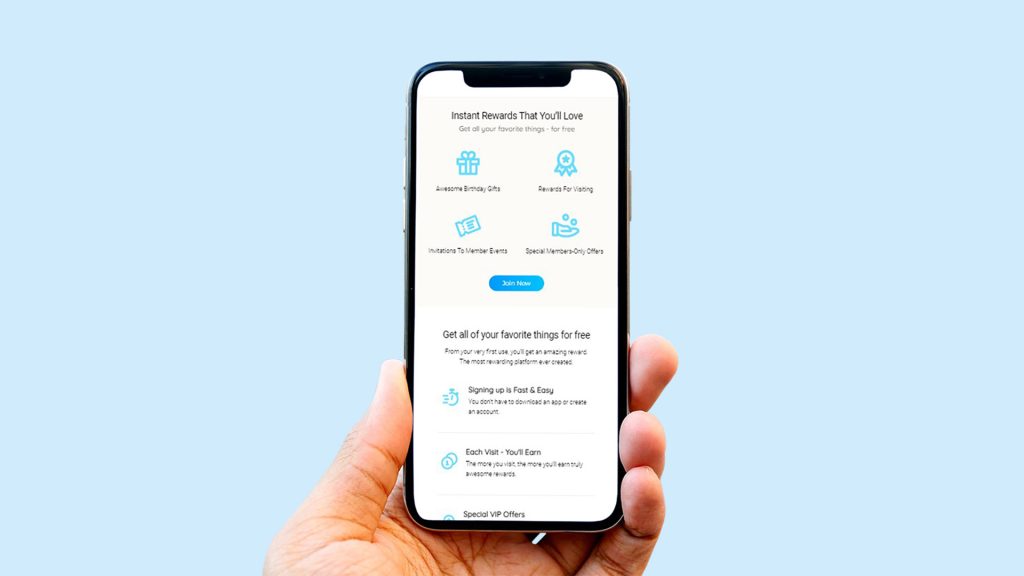Lumbar Spinal Stenosis
Vertiflex Procedure.
The Superion®, a product of Vertiflex, is an Indirect Decompression System (IDS). This is a new, minimally invasive procedure clinically proven to be effective in the treatment of lumbar spinal stenosis (LSS) symptoms.
The Superion® IDS provides patients with LSS a safe and effective alternative when conservative treatment has failed and laminectomy is too aggressive. The device is delivered through a small tube about the size of a dime with no resection of anatomical structures and minimal blood loss. This procedure can be completed in an outpatient setting and general anesthesia is not required.
Superion’s effectiveness is demonstrated in the most extensive device clinical trial ever conducted on lumbar spinal stenosis: prospective, randomized, controlled, multi-center, with 470 patients at 29 clinical sites. Among those patients in the clinical trial that were followed up through 60 months after surgery, almost all expressed overall satisfaction and significant reduction in clinical symptoms.
Dr. Vodapally is one of the Interventional Pain Management Specialists in the state of Connecticut trained to perform this procedure.
Mild® Procedure.
mild® is a safe procedure that can help patients diagnosed with lumbar spinal stenosis (LSS) stand longer and walk farther with less pain. It is a short, outpatient procedure, performed through a very small incision (about the size of a baby aspirin) that requires no general anesthesia, no implants, and no stitches. Study data show that 79% of patients experience a significant reduction in pain and significant increase in mobility. In addition, the mild® procedure has been proven to have a very low risk of major complications.
Dr. Vodapally is one of the first Pain management specialists in the state of Connecticut trained to perform this procedure.
frequently asked questions.
frequently
asked questions.
As we age, natural wear-and-tear on the lower part of the spine can lead to a condition known as Lumbar Spinal Stenosis or LSS. Lumbar Spinal Stenosis is very common after age 50 and affects up to 50% of the population, the incidence increases with increasing age.
LSS is a debilitating condition caused by lumbar disc degeneration, thickening of joints between the vertebrae called facet joints or sliding of the vertebrae called spondylolisthesis or thickening of a membrane in the spinal canal called ligamentum flavum.
Typically, patients suffer from chronic lower back pain that can radiate into the buttocks and down the legs. It also causes numbness, weakness, or tingling sensations in the lower back and legs. These symptoms can make it difficult to stand upright and walk. Typically these patients get relief from lower back and leg pain by sitting for some time and leaning forward.
The following symptoms characterize LSS:
- Pain in the lower back
- Numbness or tingling in legs or feet
- Weakness of legs
Pain or Cramps in one or both legs when standing for long periods of time or when walking. Typically, pain decreases after sitting for some time and leaning forwards.
Why did your spinal canal become too narrow? Age plays a role. Herniated discs or thickened ligaments can cause stenosis, but it usually occurs as a result of arthritis and wear and tear from the aging process. Arthritis can produce bone spurs, which can also cause stenosis.
Once you’ve developed spinal stenosis, it’s important to receive proper treatment. This is a condition that won’t go away on its own, and the symptoms do worsen over time.
LSS symptoms are worse when you stand or walk and may feel better when you lean on a shopping cart, sit, or lie down. Patients with this condition have a hard time standing completely upright and tend to bend or stoop forward as they stand and walk.
If a patient with Lumbar Spinal Stenosis fails to respond to conventional treatments that include Physical Therapy, Lumbar epidural steroid injections, etc, Dr. Vodapally will discuss with you if you are the right candidate for currently available Minimally Invasive out-patient procedures for the treatment of LSS; The Vertiflex and mild® procedures.
Please discuss with Dr. Vodapally if you are the right candidate for either of the above procedures.
The best version of you
is only a consultation away.
The best version of you is only a consultation away.
Get in touch with us today to request an appointment or to speak to our staff.

